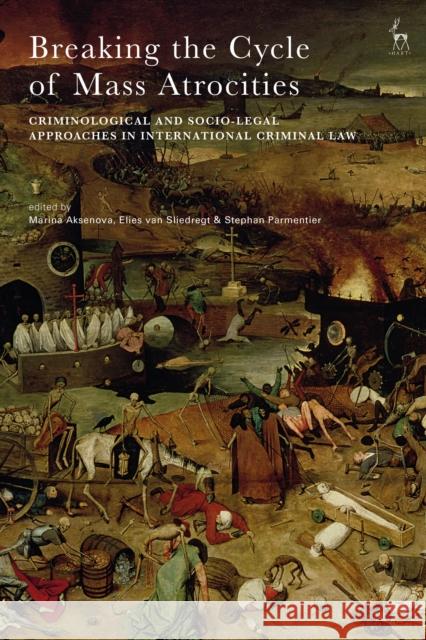Breaking the Cycle of Mass Atrocities: Criminological and Socio-Legal Approaches in International Criminal Law » książka
topmenu
Breaking the Cycle of Mass Atrocities: Criminological and Socio-Legal Approaches in International Criminal Law
ISBN-13: 9781509919444 / Angielski / Twarda / 2019 / 288 str.
Breaking the Cycle of Mass Atrocities: Criminological and Socio-Legal Approaches in International Criminal Law
ISBN-13: 9781509919444 / Angielski / Twarda / 2019 / 288 str.
cena 435,54
(netto: 414,80 VAT: 5%)
Najniższa cena z 30 dni: 405,41
(netto: 414,80 VAT: 5%)
Najniższa cena z 30 dni: 405,41
Termin realizacji zamówienia:
ok. 30 dni roboczych
Bez gwarancji dostawy przed świętami
ok. 30 dni roboczych
Bez gwarancji dostawy przed świętami
Darmowa dostawa!
Kategorie:
Kategorie BISAC:
Wydawca:
Bloomsbury Publishing PLC
Język:
Angielski
ISBN-13:
9781509919444
Rok wydania:
2019
Ilość stron:
288
Waga:
0.41 kg
Wymiary:
23.62 x 16.26 x 2.29
Oprawa:
Twarda
Wolumenów:
01
Dodatkowe informacje:
Bibliografia
Obwoluta
Obwoluta











